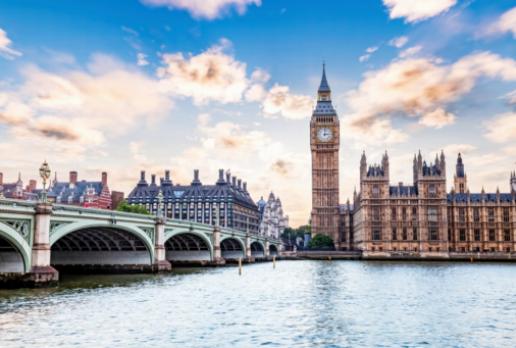London, the bustling capital of the United Kingdom, is known for its vibrant cultural scene and thriving theatre industry. In addition to its world-renowned West End theatres, London is home to numerous fringe theatre venues that showcase innovative and experimental productions. These intimate and often unconventional spaces provide a platform for emerging artists to express themselves and push the boundaries of traditional theatre. Despite facing various challenges, fringe theatre venues play a crucial role in shaping the cultural landscape of London.

Notable Fringe Theatre Venues in the UK Capital
London is home to a vibrant and diverse theatre scene, with a number of notable fringe theatre venues scattered throughout the city. These venues offer a platform for emerging artists and experimental productions, contributing to the rich cultural tapestry of the UK capital. Some of the most renowned fringe theatre venues in London include the Old Red Lion Theatre in Islington, the Park Theatre in Finsbury Park, and the King's Head Theatre in Islington. Each of these venues has a unique character and programming style, attracting audiences seeking fresh and innovative theatre experiences. Additionally, these fringe theatre venues often serve as breeding grounds for talent, nurturing the next generation of theatre makers and pushing the boundaries of traditional storytelling.
Challenges Faced by Fringe Theatre Venues in London
Fringe theatre venues in London face a myriad of challenges that can hinder their success and longevity in the industry. One of the main challenges is financial instability, as these venues often operate on a shoestring budget and struggle to attract consistent funding and sponsorship. This can result in limited resources for marketing, production quality, and overall sustainability.
Another challenge is competition from larger, more established theatres in the city. Fringe venues may struggle to attract audiences away from mainstream productions, especially when they do not have the same level of recognition or star power. This can result in low attendance numbers and difficulty in gaining traction within the industry.
Additionally, finding suitable locations for fringe theatre venues can be a challenge in London, where rent prices are notoriously high. Securing affordable and accessible spaces for performances can be a major hurdle for smaller theatre companies, leading to a lack of visibility and accessibility for audiences.
Finally, fringe theatre venues also face challenges in terms of programming and content. Finding and producing innovative, thought-provoking work that appeals to diverse audiences can be a daunting task. Balancing artistic risk with commercial success can be a delicate dance, and venues may struggle to find the right balance to attract both critical acclaim and financial stability.
Despite these challenges, fringe theatre venues in London continue to play a vital role in the city's cultural landscape. By providing a platform for emerging artists, challenging traditional norms, and pushing the boundaries of creativity, these venues contribute to the vibrant and diverse theatre scene in London. However, it is important to address and overcome the challenges they face in order to ensure their continued resilience and relevance in the ever-changing world of theatre.
Impact of Fringe Theatre on the Cultural Scene in London
Fringe theatre has had a significant impact on the cultural scene in London. By providing a platform for experimental and innovative performances, fringe theatre venues have enriched the diversity and vibrancy of the city's arts scene. These venues often showcase new and emerging talent, giving artists the opportunity to push boundaries and explore new artistic directions.
Fringe theatre has also played a crucial role in making theatre more accessible to a wider audience. With lower ticket prices and a more intimate setting, fringe theatre venues offer a more affordable and engaging experience for theatregoers. This has helped to democratize the arts and attract a more diverse audience to live performances.
Moreover, fringe theatre has proven to be a breeding ground for creativity and innovation in the arts. Many successful playwrights, directors, and actors got their start in fringe theatre before moving on to larger, more mainstream productions. The experimental nature of fringe theatre encourages risk-taking and fosters a spirit of collaboration and experimentation that has influenced the broader cultural landscape in London.
Overall, the impact of fringe theatre on the cultural scene in London cannot be understated. By fostering creativity, diversity, and accessibility in the arts, fringe theatre venues have enriched the city's cultural offerings and contributed to its reputation as a global hub for creative talent.
